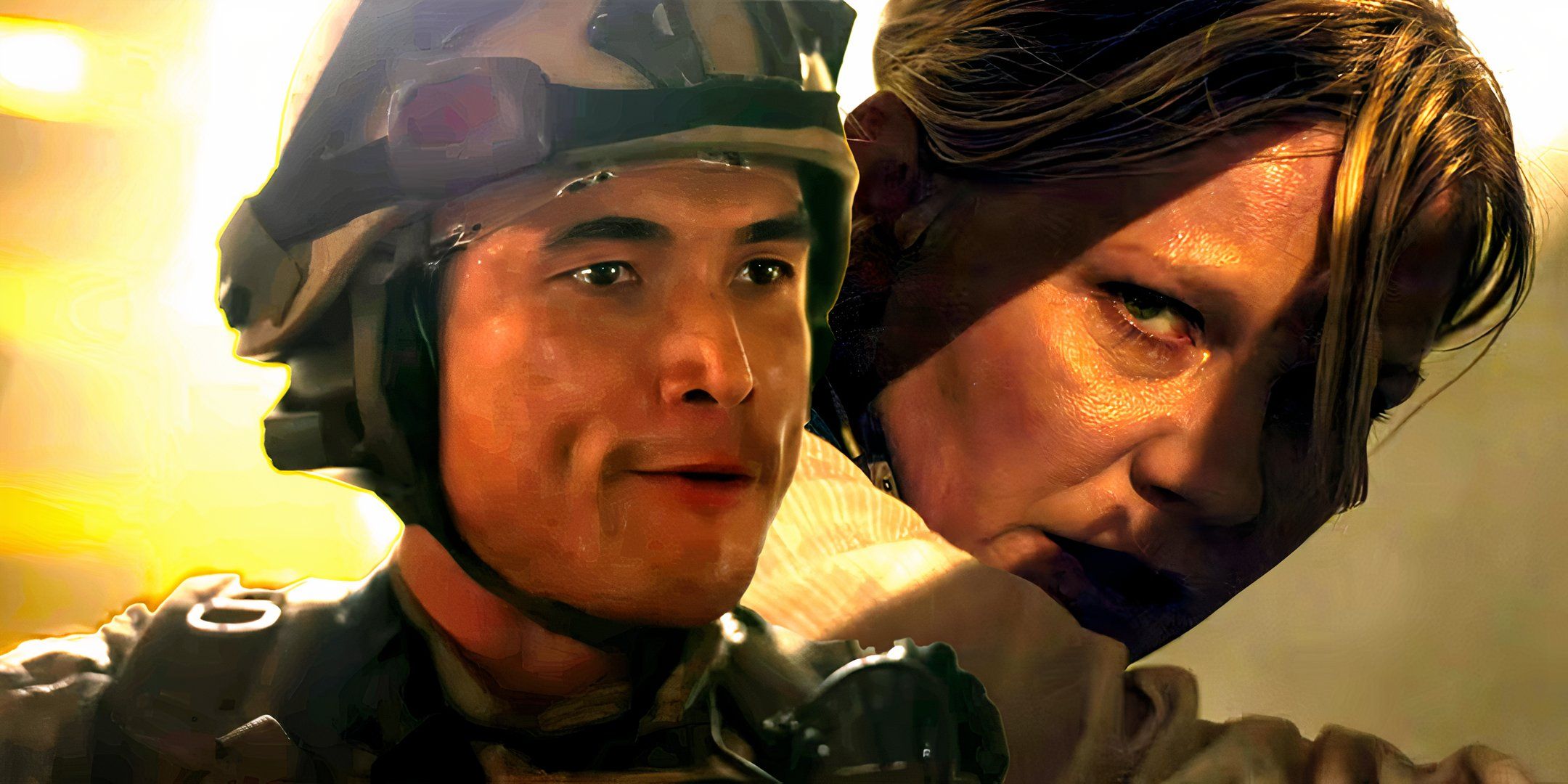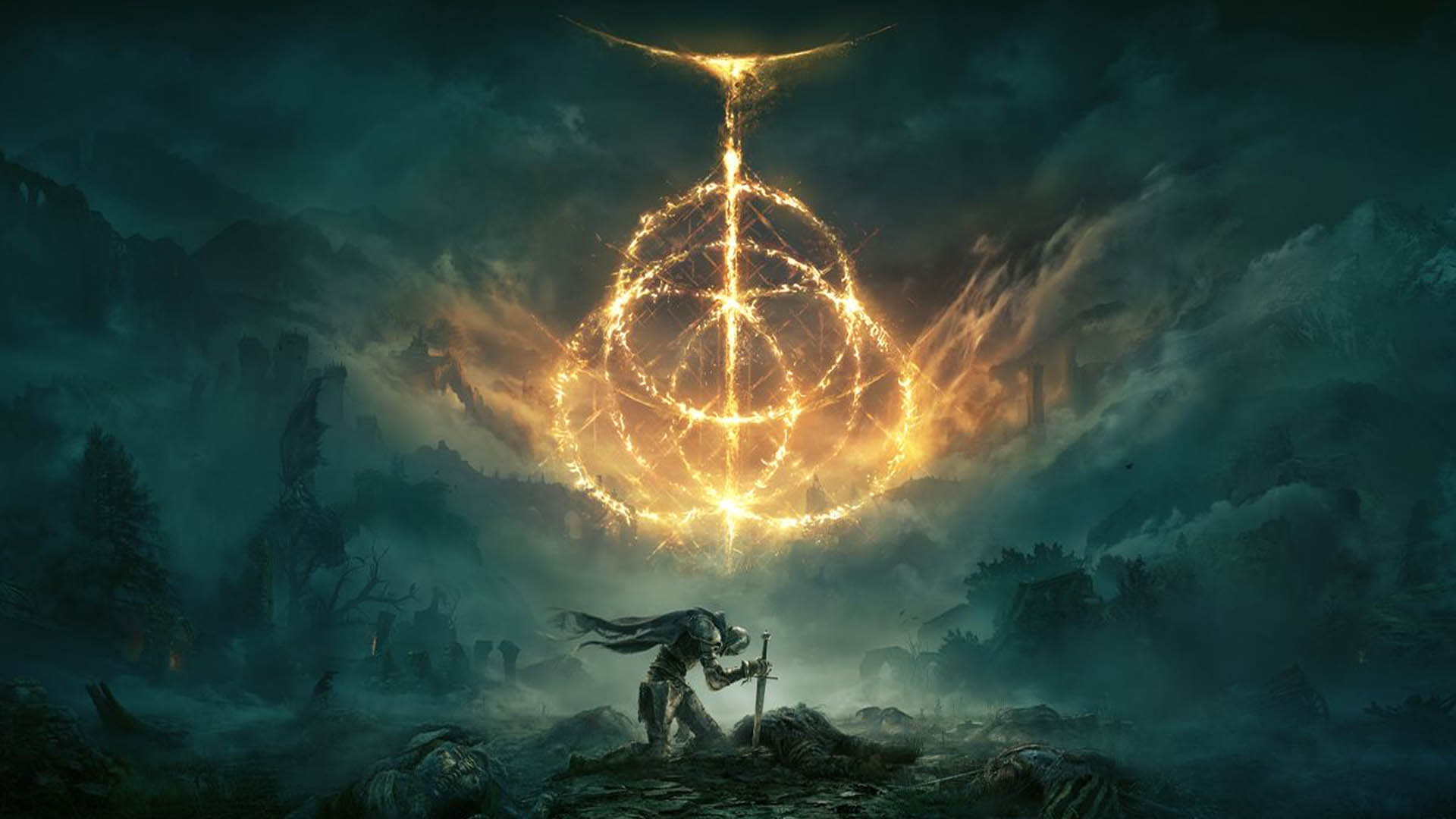Civil War Director Reflects On Criticisms

Alex Garland, the director known for thought-provoking films such as Ex Machina and Civil War, has recently discussed how the reception of his 2024 film, Civil War, influenced his approach to his latest project, Warfare. While Civil War garnered critical acclaim and commercial success, it also faced mixed reactions from general audiences, leading Garland to reflect on the nature of audience interpretation and the role of ambiguity in his storytelling.
Civil War, a psychological anti-war film, achieved an impressive 81% score from critics on Rotten Tomatoes and became A24's second-highest-grossing film, earning $127 million worldwide, just behind Everything Everywhere All At Once which earned $143 million. However, the film's Popcornmeter score, reflecting general audience sentiment, was a lower 69%. This discrepancy indicated that while critics appreciated the film's nuances and themes, some viewers found it less engaging. Despite this, Garland returned to the war genre with Warfare.
In an interview with The Playlist, Garland addressed the critiques of Civil War and how they shaped his approach to Warfare. He spoke of a perceived gatekeeping mentality within the film industry, where certain voices expressed skepticism about the audience's ability to grasp the film's complexities. Garland emphasized that audiences are capable of forming their own interpretations and engaging with art on a deeper level. He stated, "It used to be the case that you had to smuggle things past studios. The studios felt that they were the gatekeepers of what audiences could or could not understand. The sort of gatekeeping aspect of that has migrated away from studios to other quarters. They’re basically saying, 'I think people are too dumb to figure this out.' It’s incredibly patronizing. We present something, and believe we’re offering it up to adults. They can figure out what they think."
A look at the Rotten Tomatoes scores of Garland's films reveals a pattern: critics generally rate his films higher than general audiences. Ex Machina boasts a 92% critic score and an 86% audience score, Annihilation has an 88% critic score and a 67% audience score, and Men received a 69% critic score but only a 40% audience score. This difference in reception could stem from the ambiguous nature of Garland's work, as many viewers tend to favor straightforward narratives over complex and open-ended ones. In the case of Civil War, some critics and viewers felt that Garland's seemingly apolitical approach was at odds with the film's subject matter, which touched on sensitive and relevant themes related to America's current political climate.
Warfare, co-directed by Ray Mendoza and Alex Garland, seems to be a direct response to the criticisms leveled against Civil War. The film has garnered a 94% score from critics and an impressive 93% from audiences on Rotten Tomatoes, with both figures being higher than Civil War’s scores. The audience score represents Garland's highest to date on the platform. According to ScreenRant, Warfare features a tight script and a contained story, providing the frankness that some viewers felt was missing from Civil War. The collaboration with Ray Mendoza brings a visual touch and thematic depth to the film, ensuring that its intense moments serve a purpose beyond mere spectacle.
Warfare, with a runtime of 96 minutes, is set against the backdrop of the Iraq War. The film centers on a platoon of American Navy SEALs stationed in an Iraqi family's home, exploring the tensions and dynamics as the SEALs oversee US forces navigating through hostile insurgent territory. Characters include Ray, Erik, Sam, Jake, Elliot, Tommy, Brian, Zawi, Frank, Lt. McDonald, John, Aaron, Sgt. Laerrus, Mikey, Brock, Kelly, Mo, Pete, Ted, Sidar, Farid, and Samir. The film delves into the realities of war and the intimate relationships formed under extreme circumstances.
Ultimately, while Civil War embraced ambiguity and invited multiple interpretations, Warfare appears to be a more direct and visceral portrayal of war. While some might argue that this shift was unnecessary, it demonstrates Garland's willingness to engage with audience feedback and explore different approaches to his craft. Civil War was the movie that Alex Garland wanted it to be, and whether Warfare's approach is viewed as a correction or a simple change of pace, it highlights the ongoing dialogue between filmmakers and their audiences.









